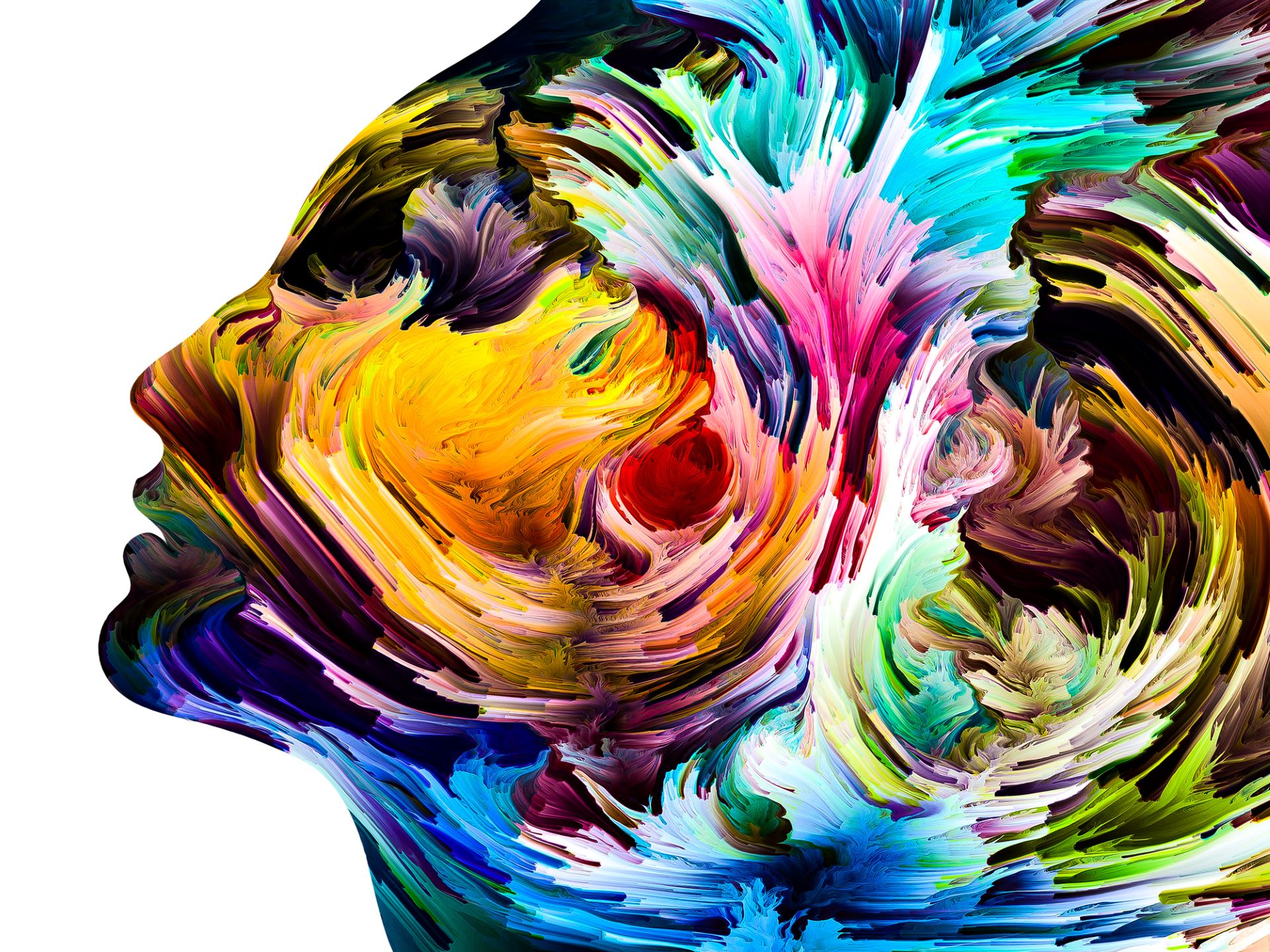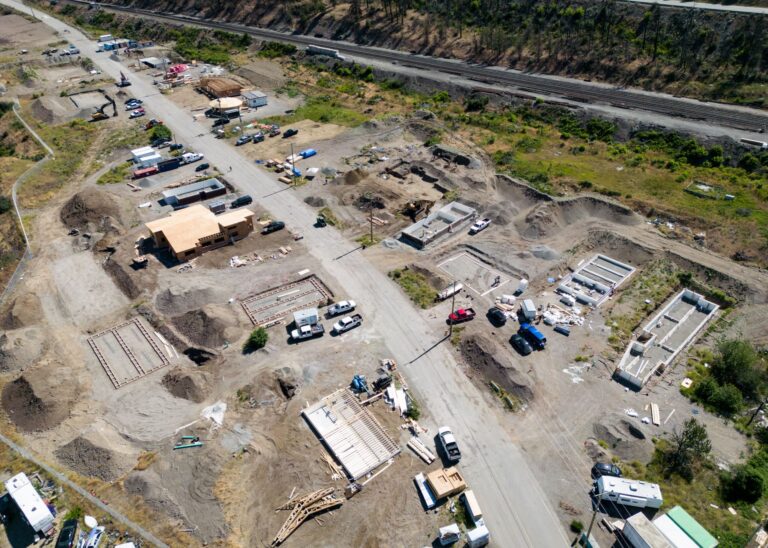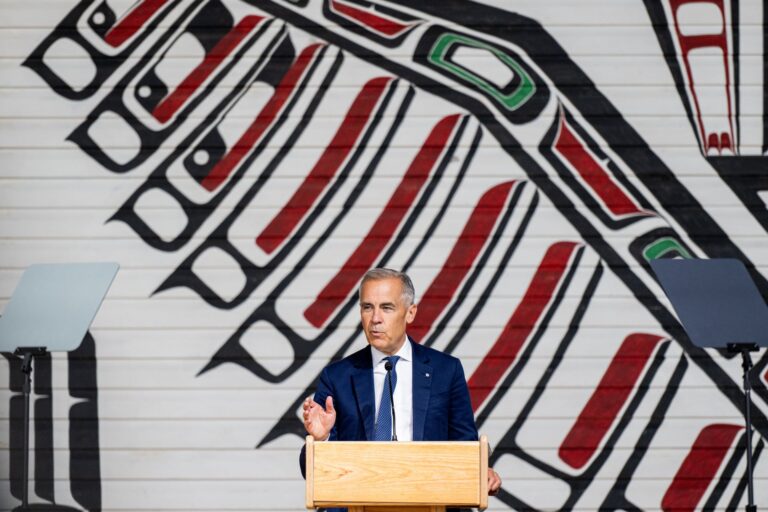(Version française disponible ici)
Academic institutions are harming Indigenous Peoples with their Indigenous identity policies. Serious concerns have been raised about the practice of self-identification after a number of high-profile cases of “pretendians” or “Indigenous identity fraudsters” claiming to be Indigenous without evidence. The issue has drawn nationwide coverage.
Far less attention has been given to the Indigenous people being wrongly labelled pretendians. In the haste to deal with this 21st-century “Indian problem,” people with legitimate and legally supported claims to Indigeneity are being swept up in ill-conceived and shortsighted institutional policies.
It’s a double-whammy with irreparable harm. For a variety of reasons, many bona-fide Indigenous people do not hold state-sanctioned recognition and now have to prove themselves to academic institutions.
What appears to be skirted over or missed entirely in the scramble to address the pretendian problem are well-documented examples of the Canadian state erasing the identities of Indigenous Peoples over decades of discrimination.
Universities need to look beyond state legislation to fairly shape their academic policies.
Senior administrators would do well to listen to the wisdom of the myriad of Indigenous Peoples and learn from the lived experiences of those outside state-sanctioned identity-verification systems.
The danger in the rush to act
There is an urgency to the pretendian problem. At Dalhousie University, for example, a task force declared in 2023 that “all institutions must take swift and decisive measures to mitigate the harms that arise from false claims to Indigeneity.”
But this call for quick action is deeply misplaced.
There is general agreement that self-identification is not an adequate measure of status.
But the reality is that we simply do not have an easy mechanism to distinguish between a pretendian and someone who is Indigenous. This is a critical point. Without this acknowledgment, we run the risk of alienating and criminalizing the very people these policies purport to protect.
Universities must uphold Indigenous rights to self-determine
The fix for pretendianism in academia requires Indigenous involvement
Reconciliation in post-secondary education requires courage and humility
Institutional Indigenous identity policies most actively target non-status and Métis people since they often do not have federally recognized status. Already, these are people who suffer some of the greatest inequities among Indigenous Peoples – all of whom fare worse than their non-Indigenous counterparts on virtually every measure of health and well-being.
But non-status and Métis people face an extra hardship: they are not entitled to government supports and services extended to status Indians.
Standard legal avenues exist to address fraud of any kind. Those avenues should be applied to the pretendian problem. It is not the responsibility of Indigenous Peoples to detect and police non-Indigenous fraudulent behaviour. Any institution truly committed to reconciliation should recognize this.
Educational institutions cannot simply follow the state in addressing an issue created by the state. They need to be bastions of critical thinking around the complexities of defining Indigenous identity within Canada.
Yet, like Dalhousie, academic institutions across the country, such as Memorial University and the University of Saskatchewan, have taken incredibly abrupt actions to address Indigenous identity fraud.
Dalhousie’s troubling experience
Just 12 weeks after the creation of its task force on settler misappropriation of Indigenous identity, Dalhousie released its report with fanfare. The president and provost endorsed it unequivocally.
At an event at Millbrook First Nation, an hour away from Halifax, Mi’kmaq leadership listened alongside faculty, staff and students from Dalhousie as the president extended an apology to Indigenous Peoples on behalf of the university for its over-reliance on self-identification.
For the university’s most vulnerable Indigenous students, the implications are devastating.
Immediate concerns came from some Indigenous faculty and staff. They questioned the report’s methodology, recommendations and conclusions. Other Indigenous people within Dalhousie did not feel safe publicly expressing their opinions on the issue. Some left the institution entirely.
Two Mi’kmaw legal scholars from Dalhousie’s Schulich School of Law penned a comprehensive human-rights and legal analysis that concluded the report was “too blunt an instrument” to deal with the nuances of Indigenous identity.
They warned that fully acting on the report “will increasingly cause tremendous harm (educational, professional, emotional, psychological, etc.) to those individuals with legitimate but complicated Indigenous identity.”
Concerningly, the report aggressively tries to head off critics from the start (page 11, the fifth and sixth findings). It discredits and even gaslights anyone who criticizes it, suggesting they could simply be exploiting historical traumas experienced by Indigenous Peoples or are most likely identity fraudsters. It suggests that non-Indigenous people who raise concerns might be experiencing “a misguided sense of allyship” or suffering from “white saviourism.”
The report recommends that due process be ignored when Indigenous identity fraudsters are identified, bypassing collective agreements and disciplinary frameworks.
Two years have passed since the release of this “urgently needed” report, yet no policy has been adopted. This has left faculty, staff and students in an unacceptable state of limbo and unease. In May, one of the task force members became the university’s first vice-provost of Indigenous relations. Part of his mandate? To resolve this issue.
Similarly concerning recommendations and conclusions have been drawn from reports and policies emerging from the University of Saskatchewan and from Memorial University. In each instance, there are Indigenous people who have been irrevocably harmed by the message that they are not welcome at these institutions.
The added harm to the already isolated
For Indigenous Peoples whose lives and identities have been marred by exclusion, social isolation and/or ostracization from their communities through no fault of their own, such institutional policies are truly dystopian.
A report commissioned by the University of Saskatchewan lists “red flags” to assist in determining whether someone is a pretendian. They include: 1) vague claims of identity, such as not being able to explain who one’s relatives are. 2) relying heavily on family trauma as a reason for not knowing one’s Indigenous family. 3) adopting a relationship with an elder to learn about culture — a practice variously referred to as “elder grooming” or using an “elder shield.” 4) stories that conflict or change over time.
Yes, many of these red flags might indeed identify a pretendian. But they are also unapologetic characteristics of Indigenous Peoples trying to connect to their identity in a settler-colonial society that openly aimed to “kill the Indian in the child.”
The result is that academic institutions continue to be threatening, unsafe environments for many Indigenous Peoples as students or employees.
The issue of Indigenous identity is intractable. Regardless, Indigenous communities and nations, not academic institutions, are the experts about their own identities.
Fundamentally, identity is about kinship and spirit, which does not translate well into university policy. It is relational and human, and cannot be limited by checkboxes, petty politics or land titles.
Perhaps the biggest “red flag” in this flawed process is institutional overreach, not the personal stories of Indigenous Peoples attempting to make space for themselves in a settler-colonial society.












